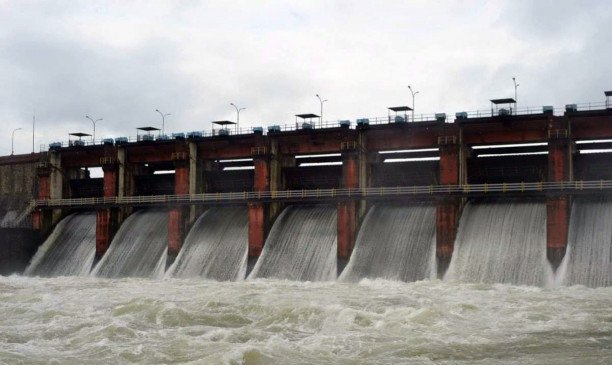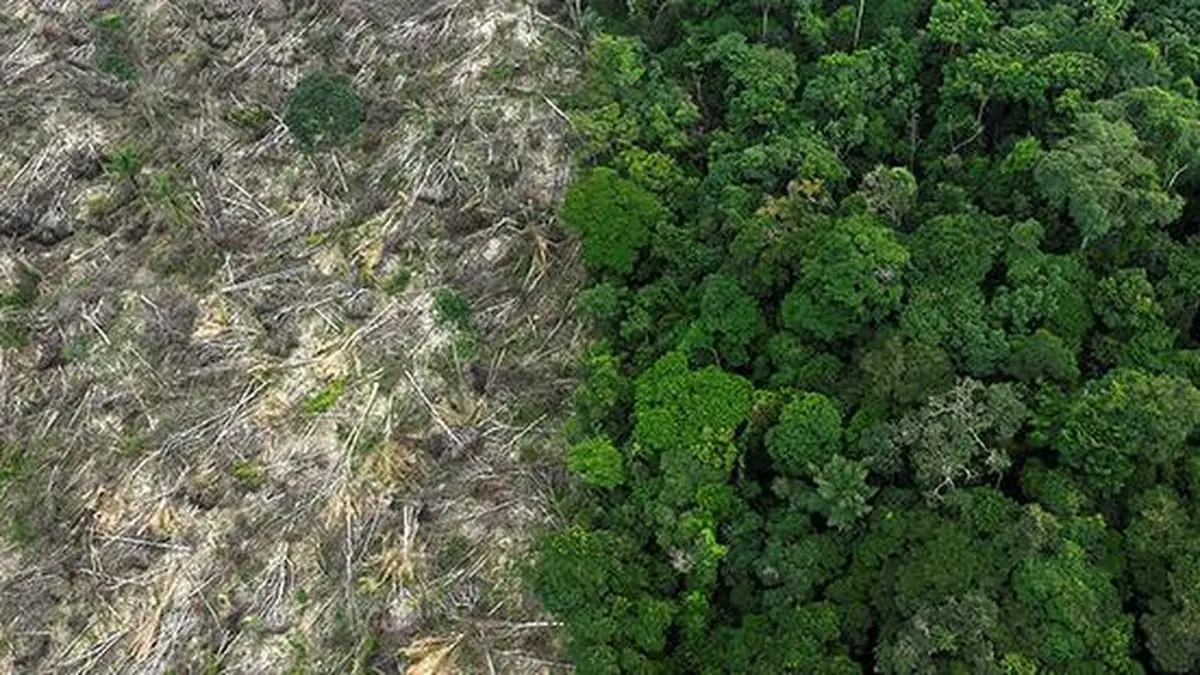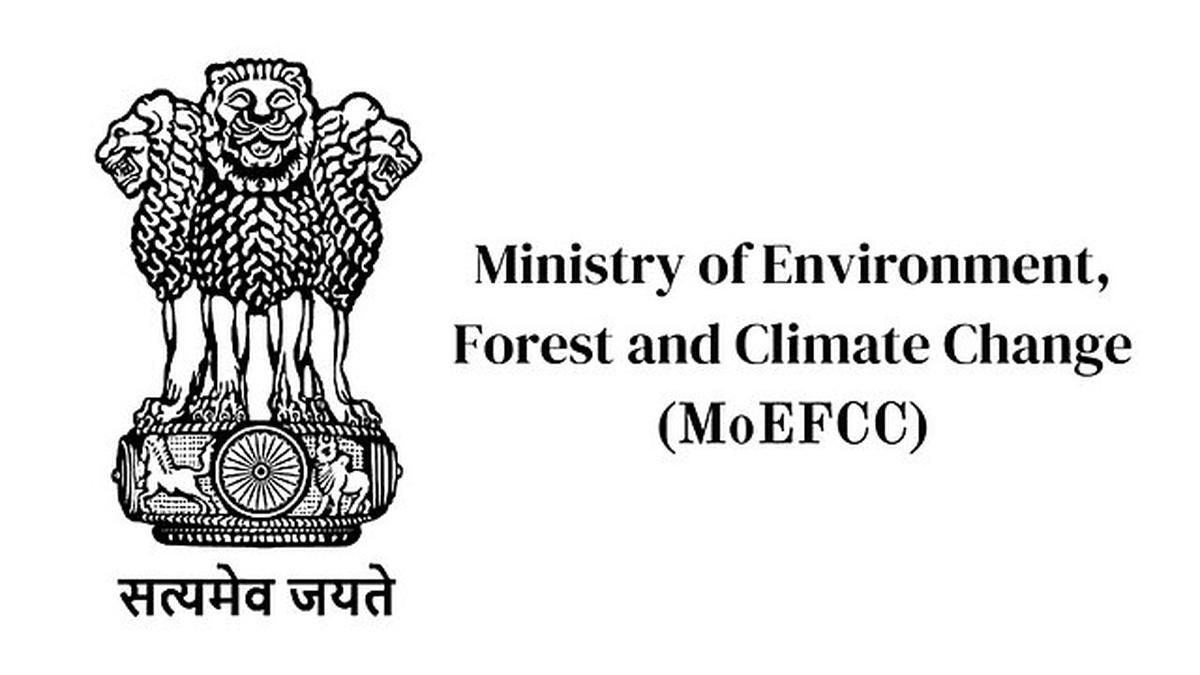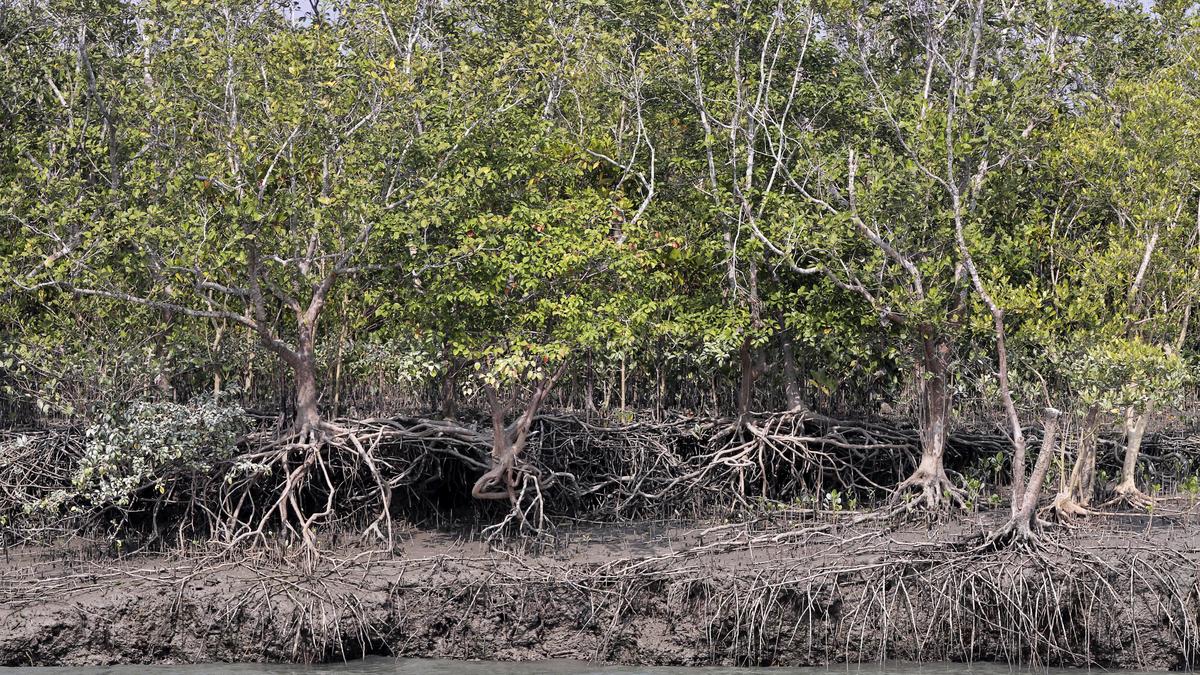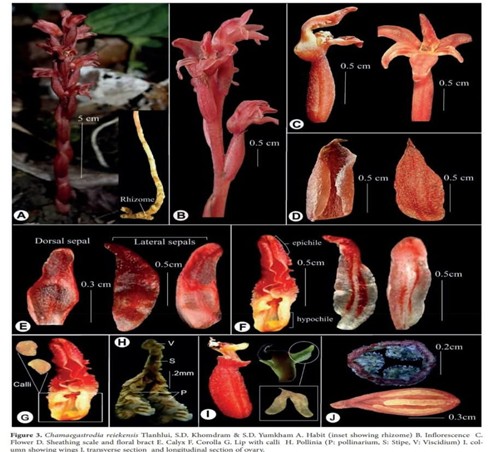Description
.png)
Source: DownToEarth
Disclaimer: Copyright infringement not intended.
Context
- COP29 aims to establish a new collective quantified goal (NCQG) for climate finance, emphasizing developed countries' financial commitments to developing nations.
- The 60th meeting of the Subsidiary Bodies (SB60) in Bonn is a critical precursor to COP29, addressing issues like the Global Stocktake and carbon markets.
Details
Key Points
- New Collective Quantified Goal (NCQG):
- The primary agenda at COP29, focusing on financial commitments from developed countries.
- OECD Report on Climate Finance:
- Highlighted that developed countries mobilized over $100 billion in 2022, but with significant reliance on loans.
- Developing Countries' Challenges:
- High capital costs, debt burdens, and uneven fund distribution are major obstacles.
- Carbon Market Mechanisms:
- Discussions under Articles 6.2 and 6.4 of the Paris Agreement will address emission avoidance eligibility and authorisation processes.
- Global Stocktake (GST):
- Annual GST Dialogue at SB60 will review progress towards the Paris Agreement goals.
- Mitigation Work Programme (MWP):
- Focuses on scaling up mitigation efforts in urban systems, with emphasis on non-debt creating finance and technology transfer.
- Developed Countries' Role:
- Importance of historical responsibility and active participation in mitigation and decarbonisation efforts.
About SB60
Subsidiary Bodies' Meeting:
- Known as SB60, it is the 60th meeting of the Subsidiary Bodies to the UNFCCC.
Preparation for COP29:
- Lays the groundwork for discussions and agreements to be made at COP29.
Global Stocktake Dialogue:
- First annual dialogue to assess Paris Agreement progress and inform Nationally Determined Contributions (NDCs).
Carbon Market Mechanisms:
- Addresses unresolved issues under the Paris Agreement's Articles 6.2 and 6.4.
Mitigation Work Programme:
- Focuses on urban systems, facilitating discussions on scaling up mitigation ambitions and support mechanisms.

About Centre for Science and Environment (CSE)
Mission and Focus:
- The Centre for Science and Environment (CSE) is a public interest research and advocacy organization based in New Delhi, India.
- Founded in 1980, CSE aims to promote sustainable development by addressing issues such as climate change, air and water pollution, waste management, and natural resource management through research, policy advocacy, and communication.
Research and Advocacy:
- CSE conducts in-depth research and analysis on various environmental issues and publishes reports, studies, and policy papers.
- It engages with policymakers, industry stakeholders, and the public to advocate for effective environmental policies and practices.
- CSE's work covers a wide range of topics including renewable energy, urban mobility, food safety, and climate resilience.
Capacity Building and Training:
- CSE is known for its capacity-building programs and training initiatives aimed at empowering communities, journalists, and policymakers with the knowledge and skills needed to address environmental challenges.
- The organization offers workshops, courses, and fellowships to enhance environmental governance and promote sustainable practices at the local, national, and international levels.
About UNFCCC
Establishment and Purpose:
- The United Nations Framework Convention on Climate Change (UNFCCC) was established at the Earth Summit in Rio de Janeiro in 1992.
- Its primary goal is to stabilize greenhouse gas concentrations in the atmosphere to prevent dangerous anthropogenic interference with the climate system.
Membership and Structure:
- The UNFCCC has near-universal membership, with 198 parties, including almost all the world's countries.
- Its structure includes the Conference of the Parties (COP) as the supreme decision-making body, Subsidiary Bodies for implementation and scientific advice, and a Secretariat to support operations.
Key Protocols and Agreements:
- Significant protocols under the UNFCCC include the Kyoto Protocol (1997), which set binding emission reduction targets for developed countries, and the Paris Agreement (2015), which aims to limit global warming to well below 2°C above pre-industrial levels and pursue efforts to limit the temperature increase to 1.5°C.
Nationally Determined Contributions (NDCs):
- Under the Paris Agreement, countries are required to submit NDCs, which are national plans outlining their efforts to reduce greenhouse gas emissions and adapt to climate impacts.
- These contributions are reviewed every five years to enhance ambition.
Support Mechanisms:
- The UNFCCC facilitates various financial, technological, and capacity-building mechanisms to support developing countries in their climate actions.
- Notable mechanisms include the Green Climate Fund (GCF), the Global Environment Facility (GEF), and the Technology Mechanism.
- These mechanisms aim to provide resources and support for mitigation and adaptation
Sources:
DownToEarth
|
PRACTICE QUESTION
Q. The 60th meeting of the Subsidiary Bodies (SB60) under the United Nations Framework Convention on Climate Change (UNFCCC) is significant for which of the following reasons?
- It serves as a key mid-point in the preparations for COP29.
- It hosts the first annual Global Stocktake (GST) Dialogue.
- It addresses unresolved issues related to carbon market mechanisms under Articles 6.2 and 6.4 of the Paris Agreement.
- It is focused exclusively on the mitigation work programme for agriculture and forestry sectors.
Select the correct answer using the code given below:
a)1 and 2 only
b)1, 2, and 3 only
c)1, 3, and 4 only
d)2 and 4 only
Answer: b)
|




.png)
.png)
